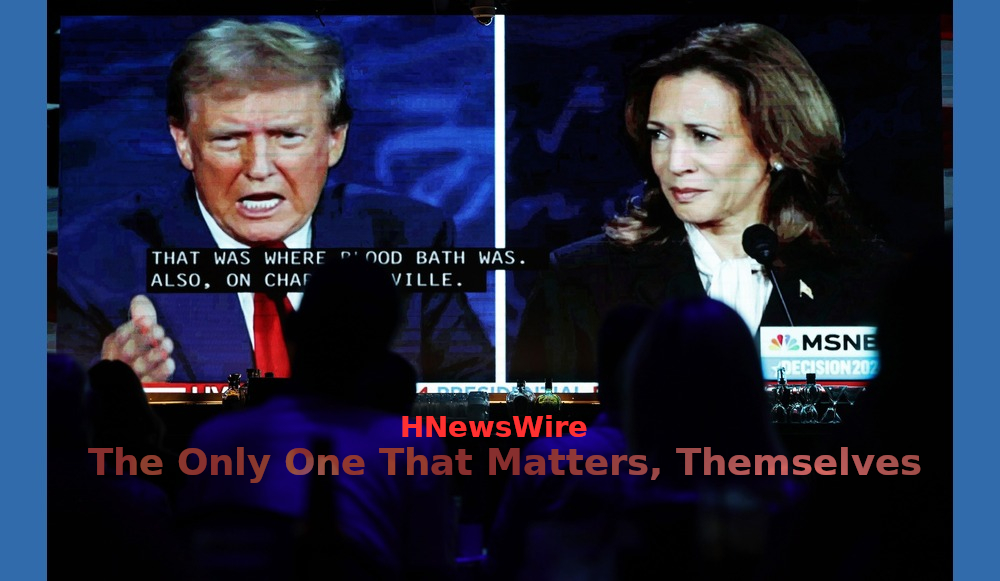
BanksterCrime
By Ryan Gorman, principal at PR firm Gorman Strategies
Presidential debates cover the issues that polling shows are most important – immigration, healthcare, the economy, climate change. So why was crypto not mentioned even once Thursday night?
Neither the American public nor the two presidential candidates care very much about crypto, the debate showed. Despite the industry narrative becoming increasingly partisan, many voters are looking past the simple fact that those outside the fishbowl simply don’t care; and it’s blinding those inside it to a simple fact.
For the most part, politicians tend to care more about remaining in office than anything else, regardless of party. It takes a certain type of person, and ego, to want to hold elected office, and that type of individual is often reluctant to give up the stage once they ascend onto it. Biden’s long refusal to recuse himself from this election cycle is a prime example.
To stay in office, politicians need donations.
Yes, Donald Trump did attend and speak at this year’s Bitcoin 2024 conference, in Nashville. He did make lofty promises, and he did spectacularly claim that “all Bitcoins should be made in the U.S.” But, guess what? That doesn’t mean it is a pressing concern.
His purpose for being there was a fundraising dinner in which he charged attendees as much as $844,600 per person for a literal seat at the table with him – the maximum campaign donation allowed under law. Other attendees paid $60,000 just for a picture with the former president. By comparison, Kamala Harris’ San Francisco fundraising dinner not long after the Nashville event charged attendees anywhere from $3,300 to $50,000 to attend, and netted her $12 million.
If you think that’s a lot, just you wait. This industry has gone to incredible lengths to seek the relevance it craves.
Since the Citizens United ruling in 2010, which paved the way for the creation of Super PACs (political action committees that take donations on behalf of candidates), only one industry has outspent crypto to garner influence in government, according to a recent analysis of campaign donations from the non-profit Public Citizen.
Since 2010, fossil fuel corporations have poured $176 million into political donations, including $73 million from Koch Industries – seen by many as the very symbol of dark money buying elections. This year alone, Koch has contributed nearly $30 million to the election cycle through two Super PACs, and no one else even is close – except for crypto.
The digital assets industry has donated a staggering $119 million into this election cycle, nearly half of all corporate donations in 2024, which total $248 million so far. This is roughly the same amount that the Senate Leadership Fund, a GOP-affiliated Super PAC that takes money from fossil fuel, tobacco, firearms, and for-profit prison corporations has received since 2014.
The next closest Super PAC to crypto’s Fairshake in terms of donations this year is the Koch-backed Americans for Prosperity Action PAC, which has received $26 million in total.
When you consider that corporate crypto donations have surpassed $129 million in the past three election cycles, amounting to 15% of all corporate donations since the Citizens United ruling, and that a staggering 92% of them have come this year, it’s no wonder politicians have all of a sudden started to speak to this audience.
Politicians see crypto as donors rather than voters – I hope some of you are seeing this.

![]()




